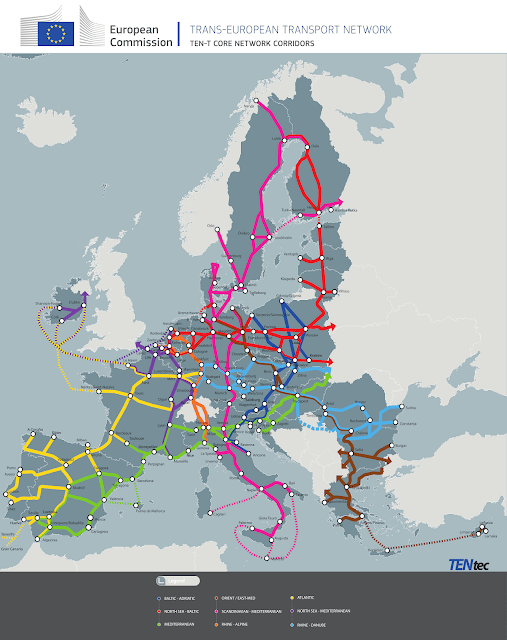The ability to pay by bank card at public electric car charging points, and a clear indication of the cost to charge, are among the proposals in new EU legislation being prepared, writes Brian Byrne.
The Alternative Fuels Infrastructure Regulation currently being worked out by the European Parliament and Council is geared to increase and improve the public charging infrastructure and also reduce the stress experienced by some users of zero-emission vehicles when driving long distances.
AFIR will also mandate that there be charging points of up to 400 kW capacity every 60kms along Europe's main road network by 2026, and on the secondary road network at least every 100km. By 2028, the capacity of these charging stations will have to be increased to 600 kW.
The regulation stipulates that payment can be made by bank card at charging points of more than 50 kW, and via mobile applications and QR codes at charging points of up to 50 kW. This will help alleviate the frustration caused by the need to have multiple service card accounts by EV motorists who travel around and between countries.
As is currently the case for fuels, the price of the electricity available should be clearly displayed, either per kWh or per minute used for charging. The price should be affordable and comparable.
The regulation is currently awaiting final approval by the Permanent Representatives Committee of the European Council and the Transport and Tourism Committee of the European Parliament.


